
In the modern landscape of intellectual property, a registered invention serves as more than just a certificate of novelty; it is a high-stakes financial instrument. For many creators, the most effective way to realize the value of their work is through Patent Monetization and Global Patent Selling. While an inventor may excel at the “R&D” phase, the capital required to scale a product internationally is often immense, making the transfer of rights to a larger entity a highly logical move. This guide examines the mechanics of Global Patent Selling to help you navigate these complex waters.
The Strategic Framework of Global Patent Selling
When you begin the journey of Global Patent Selling, you are essentially marketing a “legal barrier to entry.” Multinational corporations are not just buying technology; they are buying the exclusive right to prevent their competitors from using that specific technology.
Effective patent monetization relies on the patent’s “Prosecution History” and the strength of its independent claims. If a patent is drafted with narrow language, its market value drops. Conversely, a patent that covers a broad industrial standard is a prime candidate for Global Patent Selling. Large buyers prioritize assets that offer a “clear path to market,” meaning the patent is legally resilient and addresses a significant consumer need.
Read Also: Connecting Innovation with Industry for Large-Scale Growth through Patent Monetization
Critical Steps in the Patent Selling Process
Moving from a local filing to an international deal requires a high degree of preparation and legal hygiene.
- Due Diligence and Integrity Checks: Before engaging with a buyer, you must ensure your “Chain of Title” is flawless. Any gap in the history of ownership can derail a sale. This internal audit is the first step in any professional patent selling strategy.
- Market Mapping: Identify “strategic acquirers” rather than just any buyer. Look for companies whose current product roadmap aligns with your invention. This targeted approach is a cornerstone of successful Global Patent Selling.
- Developing a Technical Claim Chart: Buyers need to see exactly how their products (or their competitors’ products) overlap with your patent claims. This document is the primary tool used in patent monetization to justify a higher asking price.
Legal Requirements for International Transfers
The transition of ownership in Global Patent Selling is governed by strict contractual obligations. Since patents are territorial, the transfer must be enforceable in every country where the protection is active.
- The Assignment Instrument: This is the formal deed that transfers ownership. In the context of patent selling, this document must be filed with national offices like the USPTO or EPO to ensure the public record reflects the new owner.
- Indemnification Clauses: Buyers will often ask the seller to “indemnify” them, meaning the seller guarantees the patent doesn’t infringe on other existing rights. Negotiating these terms is a critical part of the legal process.
- Confidentiality Frameworks: During the “Discovery Phase” of patent monetization, you will share sensitive data. Robust Non-Disclosure Agreements (NDAs) are mandatory to prevent the theft of trade secrets during negotiations.
Choosing Between Selling and Licensing
Deciding on the right path for patent monetization depends on your long-term goals and risk appetite.
- Ownership Retention: In a typical patent selling transaction, you relinquish all future rights to the invention. In contrast, licensing allows you to stay the “Owner of Record” while others pay to use the tech.
- Revenue Velocity: Selling provides an immediate “Exit,” resulting in a single, significant payment. The Patent licensing is a slower process, yielding smaller, periodic royalty checks over many years.
- Administrative Burden: Once the Global Patent Selling process is finished, the seller is no longer responsible for “Maintenance Fees” or legal defense costs. Licensors, however, must often continue managing these overheads.
- Market Reach: Selling to a global giant ensures the technology reaches a massive audience quickly, whereas a lone inventor might struggle to find multiple licensees.
Conclusion
Successfully navigating Global Patent Selling requires a balance of legal precision and commercial awareness. By focusing on the “Market Utility” of your invention and ensuring your legal documentation is beyond reproach, you can attract the attention of the world’s most influential companies. Ultimately, professional patent monetization is about turning your intellectual property into a sustainable financial legacy.
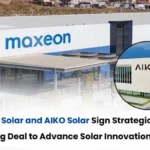
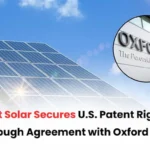


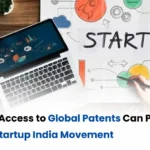
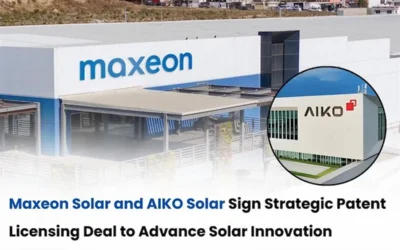
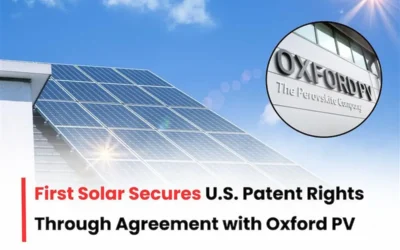

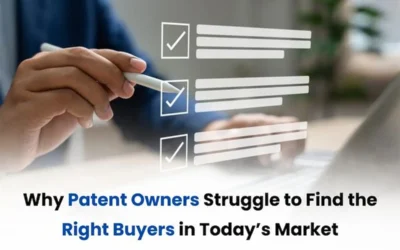
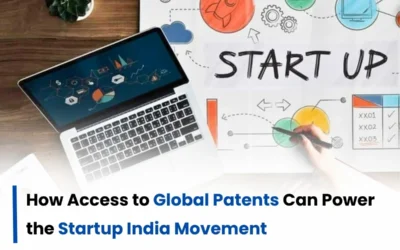
thanks